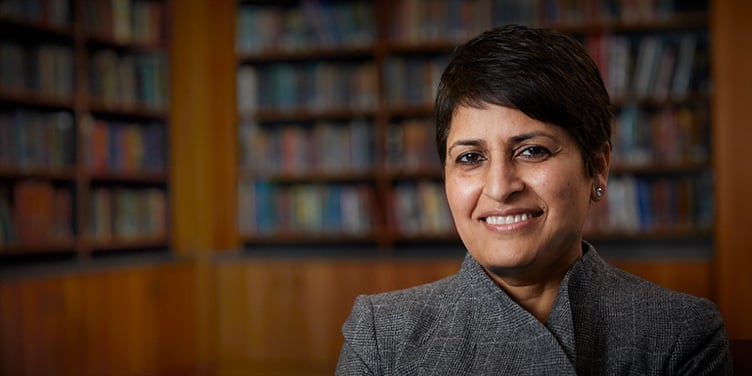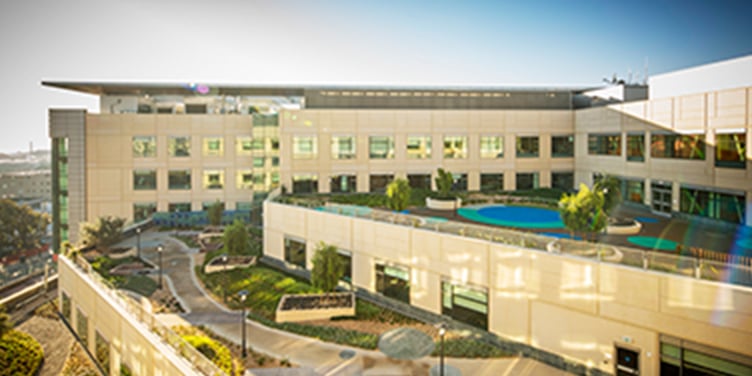Facial Injury

Overview
Facial injuries include injuries involving the mouth, face and jaw. These range from facial cuts and lacerations to more serious problems, such as broken teeth and facial bones.
Bone fractures can involve the lower or upper jaw, palate, cheekbones and eye sockets. These injuries often occur during automobile accidents, sports or recreational activities, fights or assaults, work-related tasks, projects around the house or accidental falls.
Many patients with facial injuries are first seen in the emergency room and then referred to an oral and maxillofacial surgeon or a plastic surgeon for further treatment.
Our approach to facial injury
UCSF offers the best possible care for facial injuries in a supportive setting. Our specialists tailor each patient's treatment plan according to the type and severity of the damage.
The services we offer include corrective jaw surgery, placement of dental implants and repair of broken facial bones. We also have expertise in microvascular reconstructive surgery, a technique of rebuilding the face and neck using blood vessels, bone and tissue from other parts of the body. With reconstructive surgery, we pay close attention to reestablishing natural contours, matching skin color and making scars inconspicuous. Our goals are to restore natural appearance and function for our patients as much as possible.
Awards & recognition
-

Among the top hospitals in the nation
-
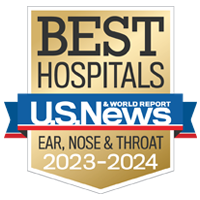
One of the nation's best for ear, nose & throat care
Signs & symptoms
Symptoms may include:
- Difficulty breathing, seeing, talking or swallowing
- Facial swelling or misshapen face
- Cut or puncture wound on your face
- Facial pain
- Bruising or discoloration behind your ears, eyes or under your tongue
- Widening of the distance between your eyes, which may indicate injury to your eye sockets
- Facial numbness or tingling
- Skin infections or rashes
Diagnosis
When making a diagnosis, your doctor will begin by asking about your medical history, including any events that may have caused your facial injury. A thorough physical and medical examination will also be conducted, to note any injuries to your face and other parts of your body. Many people with facial injuries also suffer from additional medical problems.
A computed tomography (CT) scan of the head also may be performed to make a definite diagnosis.
Treatments
Treatment for facial injuries varies, depending on the location and severity of your injury. Patients with facial injuries may additional medical problems. Your doctor will coordinate the care of these medical conditions with the necessary specialists.
If you have broken bones in your face, the bones must be lined up and held in place long enough to heal properly. Depending on the severity of the injury and your age, this may take six or more weeks.
Repositioning and holding your broken bones in place may be achieved by a variety of techniques. For extensive facial injuries, incisions to expose the bones and then a combination of wiring and plating techniques may be used. Fractures of the upper and lower jaw may require metal braces that are fastened to your teeth with rubber bands or wires to hold your jaws together.
Patients with partial or full teeth loss may need dentures or specially designed splints to align and secure their fracture.
In most cases, surgery for facial injuries requires a hospital stay. Your jaw's normal functions and range of movements may be restricted, especially in cases when your jaw is wired shut. In these instances, you will have to follow a special diet to encourage healing. After you are discharged from the hospital, your surgeon will give you specific instructions for a special diet and caring for your injury.
Severe facial cuts and lacerations may require microvascular reconstructive surgery — a technique for rebuilding the face and neck using blood vessels, bone and tissue, including muscle and skin from other parts of the body — by a plastic surgeon.
UCSF Health medical specialists have reviewed this information. It is for educational purposes only and is not intended to replace the advice of your doctor or other health care provider. We encourage you to discuss any questions or concerns you may have with your provider.
More treatment info
-
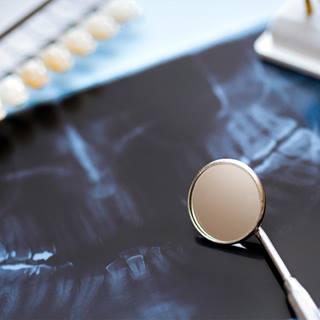
Dental Implants
Oral and maxillofacial surgeons place implants into the jawbone to replace lost teeth with natural-looking artificial teeth that feel secure.
Learn more -
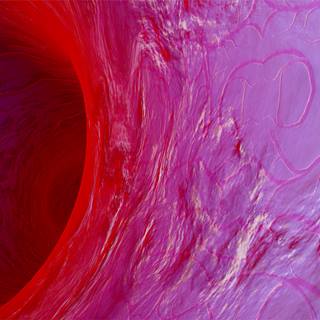
Microvascular Head and Neck Reconstruction
Healthy tissue is harvested from remote areas of the body and used to reconstruct areas of the head and neck affected by cancer.
Learn more


